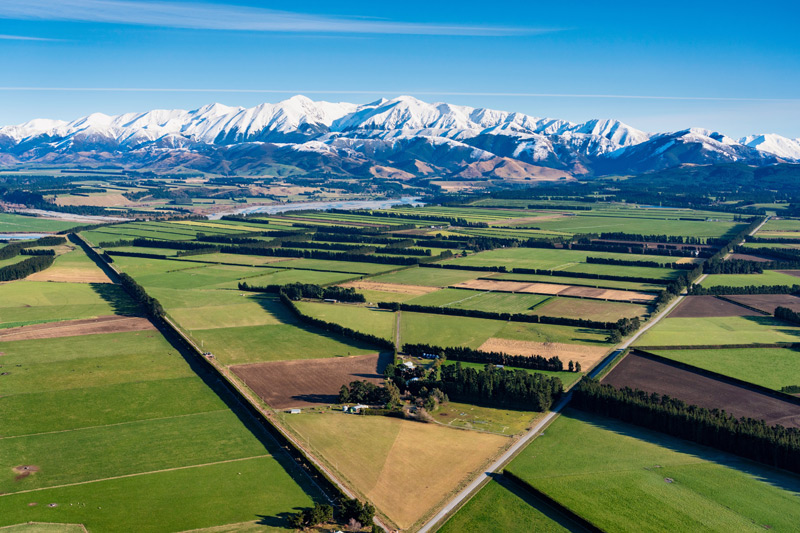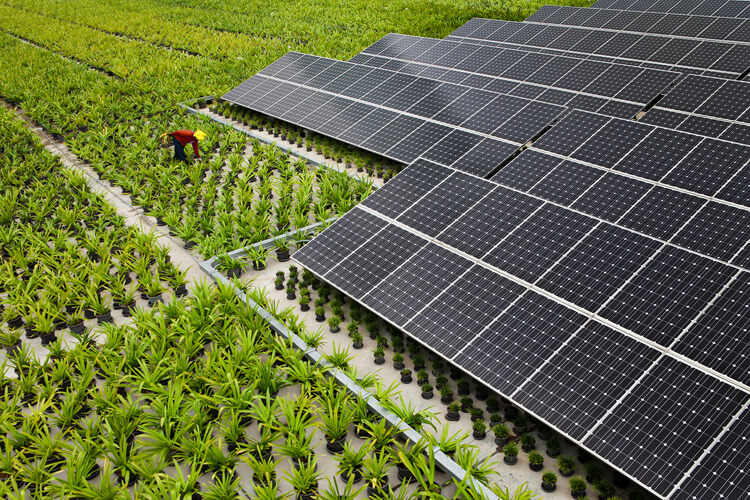
30th July 2021 New Zealand is best place to survive collapse New research has examined the factors that could lead to the collapse of global civilisation, with New Zealand identified as the country most resilient to future threats.
The study, by Professor Aled Jones and Nick King at the Global Sustainability Institute, Anglia Ruskin University, UK, focuses on "de-complexification". This is described as a widespread reversal of the underlying trends in recent civilisation, potentially causing a collapse of supply chains, international agreements and global financial structures. Published in the journal Sustainability, the paper explains how a combination of ecological destruction, limited resources, and population growth could trigger a reduction in the overall complexity of civilisation, with climate change serving as a "risk multiplier", exacerbating existing trends. This could happen during a "long descent", over many decades. However, a much more rapid decline may occur, perhaps in the space of less than a year, with no warning of the coming disruption. The authors suggest a "hybrid" of these might also occur, with a gradual initiation which then gains momentum through "feedback loops", leading to an abrupt collapse. Like a house of cards, the effects could spread quickly, due to the increasing hyper-connectivity and interdependency of the globalised economy. The study identifies the top five countries with the most favourable starting conditions to survive a global collapse. It examines self-sufficiency (energy and manufacturing infrastructure), carrying capacity (land available for arable farming and overall population) and isolation (distance from other large population centres which may be subject to displacement events). It finds that New Zealand – along with Iceland, the United Kingdom, Australia (specifically Tasmania) and Ireland – are the nations currently most suited to maintaining higher levels of societal, technological, and organisational complexity within their own borders if a global collapse were to happen. All five are islands or island continents, with strong oceanic climatic influence. They currently have low temperature and precipitation variability and therefore have the greatest likelihood of relatively stable conditions continuing despite the effects of climate change. Professor Jones and his colleague then looked deeper into the available data. They qualitatively assessed New Zealand, Iceland, the UK, Australia (Tasmania) and Ireland for their individual, local-scale energy and agricultural characteristics. They identified New Zealand as having the greatest potential to survive relatively unscathed, thanks to its ability to produce geothermal and hydroelectric energy, and abundant agricultural land, with a low population. Iceland, Australia (Tasmania) and Ireland also have favourable characteristics. The UK presents a more complex picture, due to its high population density (in the world's top 20% of countries) and complicated energy mix. Although the UK has generally fertile soils and a varied agricultural output, it has low per capita availability of agricultural land, raising questions about its future self-sufficiency. "Significant changes are possible in the coming years and decades. The impact of climate change – including increased frequency and intensity of drought and flooding, extreme temperatures, and greater population movement – could dictate the severity of these changes," said Professor Jones. "As well as showing which countries we believe are best suited to managing such a collapse – which undoubtedly would be a profound, life-altering experience – our study aims to highlight how actions to address the interlinked factors of climate change, agricultural capacity, domestic energy, manufacturing capacity and the over-reliance on complexity, are necessary to improve the resilience of nations that do not have the most favourable starting conditions. "This drive for just-in-time, ever-more efficient, economies isn't the thing you want to do for resilience. We need to build in some slack in the system, so that if there is a shock then you have the ability to respond because you've got spare capacity. We need to start thinking about resilience much more in global planning. But obviously, the ideal thing is that a quick collapse doesn't happen."
Comments »
If you enjoyed this article, please consider sharing it:
|









